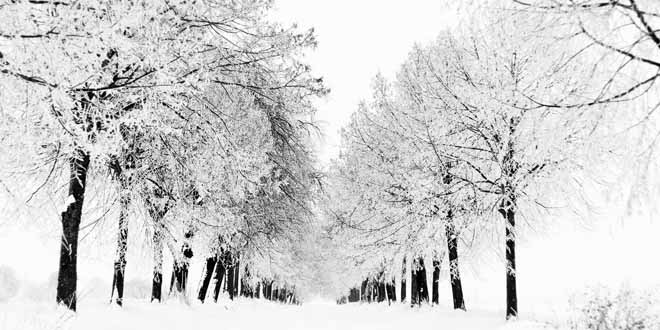
Properly Hydrate Yourself in Winter
Cooler fall and winter weather is finally here! While redoing your closet and replacing all the summer wear with winter sweaters and shawls, don’t forget about hydration – a very important consideration in winter! We tend to think of it as a summertime concern, when it is just as significant of an apprehension in winters.
Summer or winter, dehydration can be harmful at many levels. It can cause muscle fatigue, exhaustion, loss of coordination, a stroke even! If you don’t want to get sick with winter colds and flu, keep yourself hydrated!
Winter dehydration is hard on your weight. During the short winter days, we tend to exercise less and eat more. No one wants to leave the cozy blanket; you know you cling to it at all times like it was your sole sustenance. Dehydration or not drinking enough water makes losing pounds harder. Water is essential for the breakdown of fat for energy, and for better control of appetite. Moreover, when the body doesn’t get enough water, it tends to retain more. Thus, adequate hydration is the key to avoid fluid retention.
What Causes Dehydration during Winter Time?
It’s not as if our hydration needs change in the winters – we don’t need any more or less than 12 cups of water (for women) and 16 (men).
What changes is the body’s thirst response: it is diminished by up to 40 percent. This is due to constriction of blood vessels; they constrict to prevent free blood flow to the extremities. That’s why your hands and feet get especially cold in winters. This mechanism is vital for the body to conserve heat- by drawing more blood to its core.
But this is easily confused with thinking that you are well hydrated, e.g. you may not feel as thirsty. Additionally, urine production also increases. So, the two ways the body dehydrates during winters is by diminished thirst response and increase production of urine. Other causes of dehydration may include the following:
Wearing extra layers: Wearing heavy sweaters, jackets, and other warm layers of clothing help conserve heat. Also, due to the added weight your body works 10 to 40 percent harder leading to sweating and fluid loss.
Increased respiratory fluid loss: when you can see your breath fogging up in front of you that is actually the water vapor your body is losing. The colder it is, and the harder your body is working, the greater amount of water vapor you will lose
Faster sweat evaporation: We often tend to think that we aren’t sweating in winters. We are, it just evaporates quickly. This may also contribute to the diminished thirst response.
What You Should be Doing
Balance out diuretics with water: Did you know that caffeine is a diuretic? It causes increased urine production thus increasing fluid loss from the body. Balance out by increasing water intake or have decaffeinated coffee or tea.
Have soups, and water-based foods: Fruits are a natural and healthy way of balancing out the water content. Get free vitamins and mineral too while you’re at it!
Keep hydrating while exercise: Make sure you drink before, during and after exercise. We think we don’t sweat much but in reality it is just evaporating too quickly.
Hydrate with room-temperature fluids: cold liquids are absorbed better, but warmer ones are better at regulating optimal internal temperature. The latter is a great option while exercising in cold temperature.
Wear Layers: Wearing more layers of warm clothing will make your body work multiple times faster and will make you sweat more. The heart works harder to maintain blood flow and body temperature.

